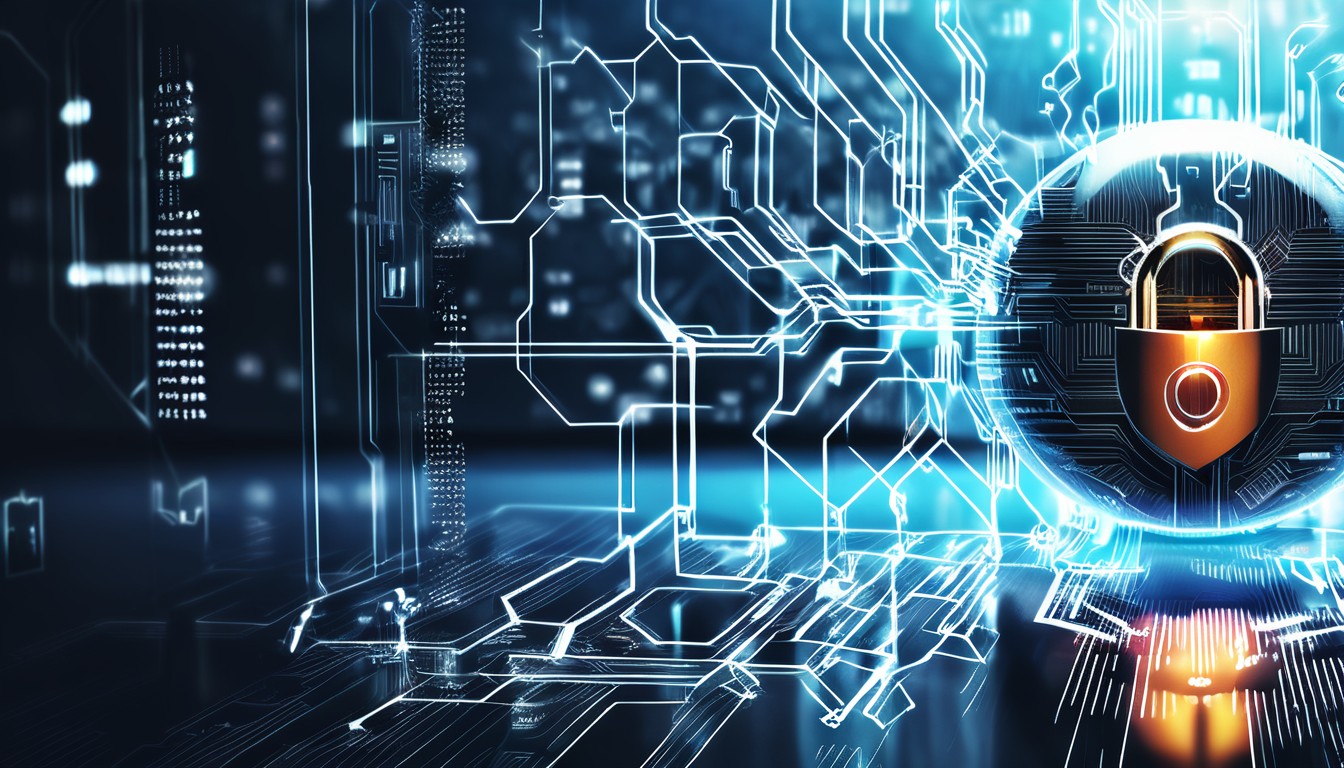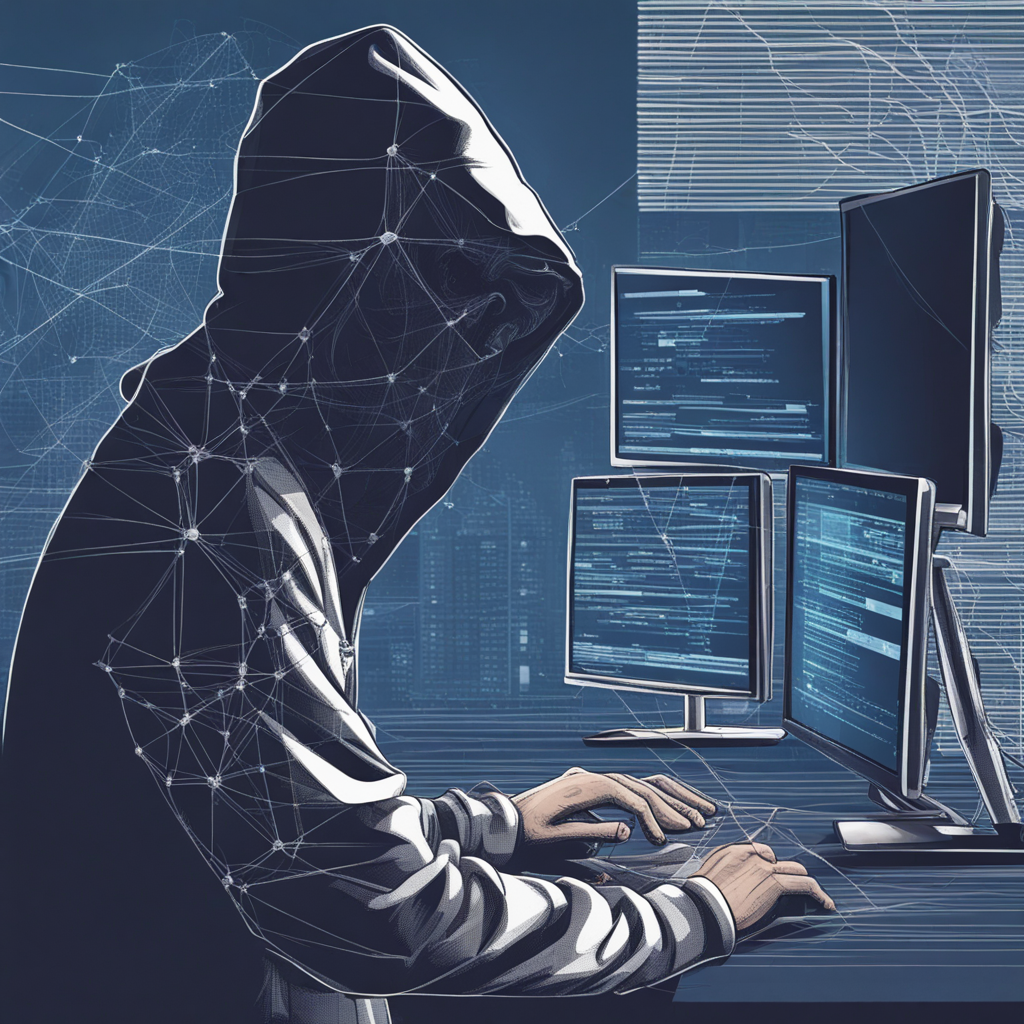The COVID-19 pandemic has accelerated the trend towards remote work, with many companies embracing this new way of working. While remote work offers numerous benefits, it also presents unique cybersecurity challenges. At SafeNet, we understand the importance of cybersecurity in enabling and securing the future of remote work.
Cybersecurity Challenges in Remote Work
- Increased Attack Surface: Remote work environments often lack the security measures present in traditional office settings, increasing the potential attack surface for cyber threats.
- Phishing and Social Engineering: Cybercriminals are increasingly using phishing and social engineering attacks to exploit remote workers who may be less vigilant in a remote setting.
- Insecure Networks: Remote workers often connect to company networks using insecure public or home networks, which can be easily compromised by attackers.
- Endpoint Security: Securing remote endpoints, such as laptops and mobile devices, is crucial to prevent unauthorized access to company data.
SafeNet Cybersecurity Solutions for Remote Work
- Virtual Private Networks (VPNs): SafeNet offers secure VPN solutions to encrypt data transmitted between remote workers and company networks, protecting it from interception.
- Endpoint Protection: SafeNet provides endpoint protection solutions to secure remote devices against malware, ransomware, and other cyber threats.
- Security Awareness Training: SafeNet offers security awareness training to educate remote workers about cybersecurity best practices and how to recognize and respond to cyber threats.
- Multi-Factor Authentication (MFA): SafeNet implements MFA solutions to add an extra layer of security to remote access, ensuring that only authorized users can access company resources.
The Future of Remote Work and Cybersecurity
As remote work becomes more prevalent, the importance of cybersecurity in enabling and securing this new way of working cannot be overstated. By implementing comprehensive cybersecurity solutions, SafeNet is helping to secure the future of remote work, ensuring that companies can embrace this new paradigm without compromising on security.





